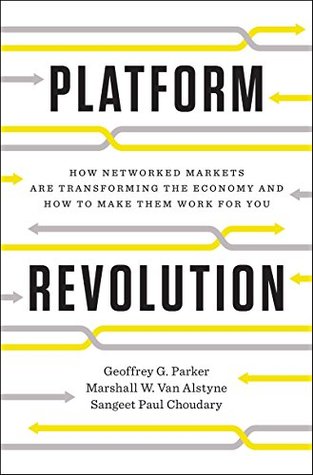A complete absence of regulation is likely to produce high social and economic costs through the persistence of problems like business fraud, unfair competition, monopolistic and oligopolistic practices, and market manipulation. On the other hand, the most extreme level of government intervention into markets, as seen in some totalitarian countries, leads to other problems, including corruption, inefficiency, waste, and lack of innovation. Usually the existence of such tradeoffs implies that an intermediate solution is best, and indeed the world’s most vibrant economies have typically employed
...more
Welcome back. Just a moment while we sign you in to your Goodreads account.


